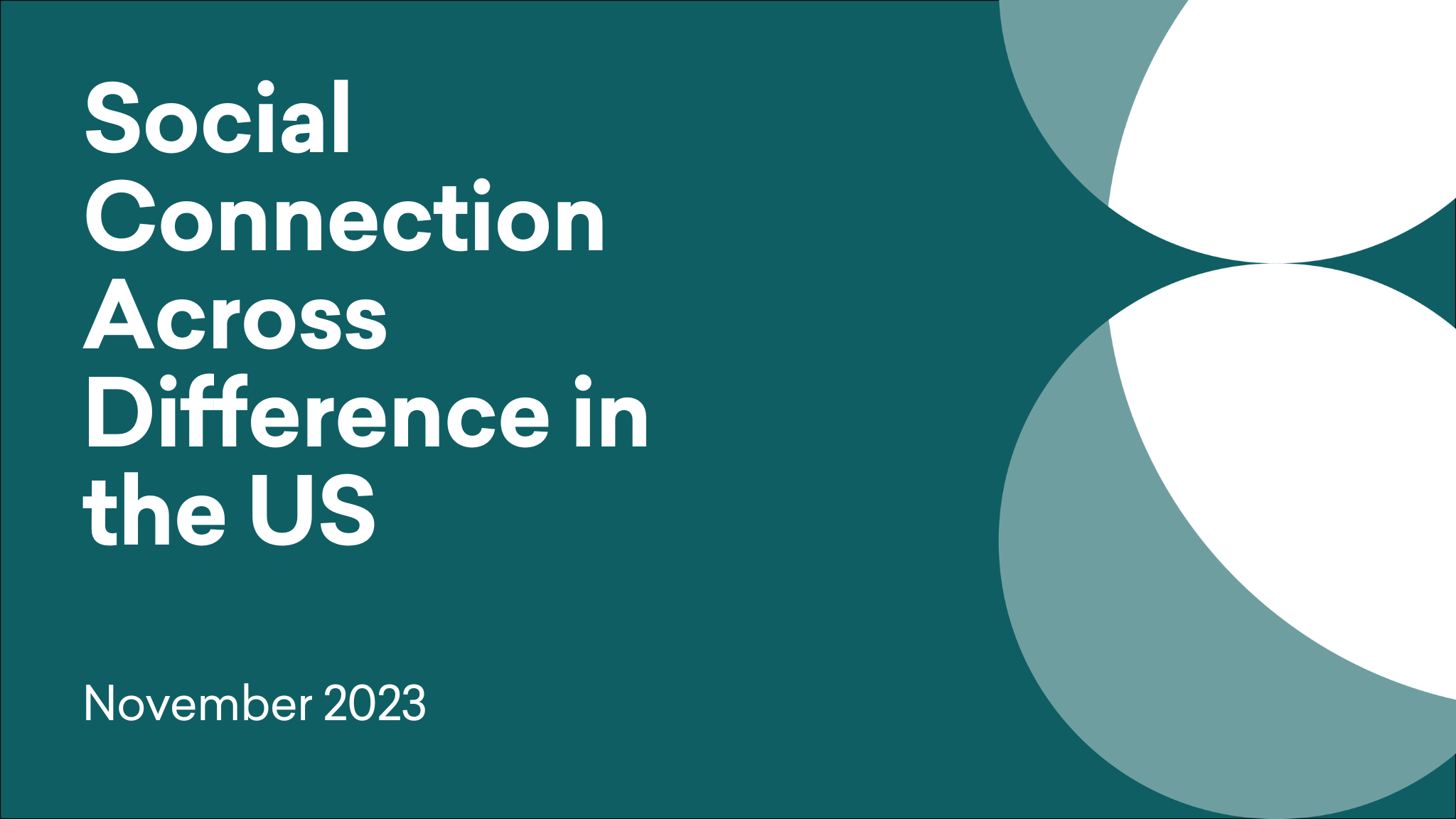
29 November 2023
May 13, 2024
Tech, Social Media, & Disinformation
More in Common explores Americans’ views on social media, smartphone usage, and whether they believe regulations need to be in place to restrict usage for children. We also asked the same set of questions to adults in the UK, France, and Germany. This comparative study provides insights into how views compare with countries that are also debating the extent limitations should be placed on social media and smartphone usage. We found that while Americans generally show support for social media regulation, Americans are less likely than people living in UK, France, and Germany to believe the government is not doing enough to regulate social media platforms.
Polling Firm: More in Common
Sample Size: n=2,014 US Adults (nationally representative)
Fieldwork Dates: April 29-May 2, 2024
Margin of Error: +/- 2.2 for US avg.
of Gen Z Americans say they spend too much time on their phones, compared to the US average of 50%.
of Americans would prefer to live in a world where TikTok was never invented.
of Americans believe social media has had a negative impact on children.
Recent years have seen a growing public concern about the negative effects of social media on society and mental health. In 2016, many left-leaning critics blamed sites such as Facebook and X (formerly Twitter) for enabling disinformation campaigns that skewed the results of the presidential election in favor of Donald Trump. In 2020, similar accusations were made by conservatives, who argued that X and Facebook suppressed information that was unfavorable to Joe Biden.
Meanwhile, scholars have noted an increase in both the average number of daily users of social media over the past decade—from 970 million users in 2010 to 4.95 billion users in October 2023—and the average daily time spent on such sites went from 90 minutes per day in 2012 to 151 minutes per day in 2023 . These trends, when coupled with a troubling increase in mental health issues—particularly among teenagers—has led some to call for increased regulation of such sites for our nation’s young people.
In this report, More in Common explores people’s attitudes towards social media today. We conducted an international comparative investigation of attitudes towards social media use in four countries: the US, UK, France, and Germany. We asked respondents various questions about the societal effects of social media, their attitudes towards government regulation, and their own personal experiences using social media.
Read insights from the UK, France and Germany here.
Explore the depth of our research at your fingertips. Get the complete insights by downloading the full report today.
What unites and divides Americans today? This newsletter takes a closer look at issues pressing on America’s social and political fabric and provides recommendations for how to strengthen ties to keep us bound together.